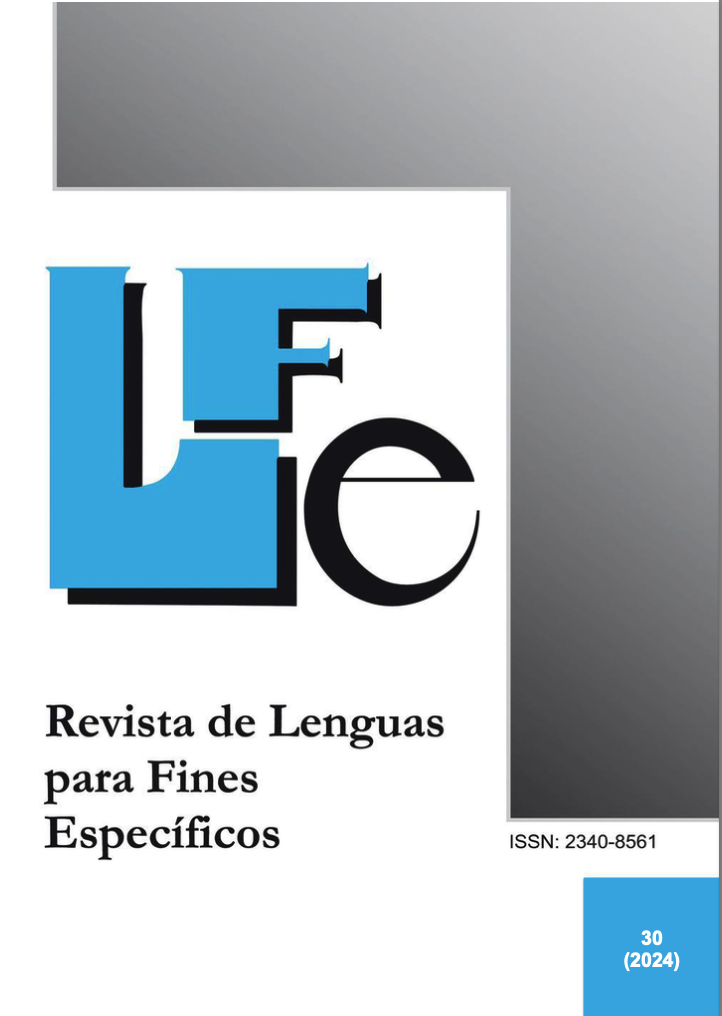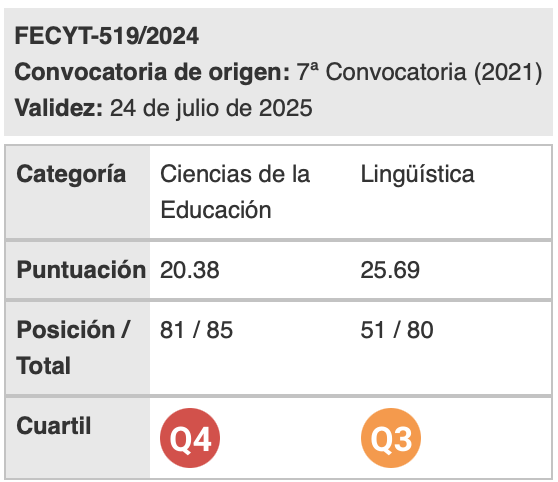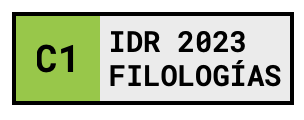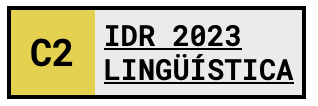Review of Jung, Yeonkwon. (2022). Sociolinguistics and Business Talk. A Role-Playing Apprach. Palgrave Macmillan
DOI:
https://doi.org/10.20420/rlfe/2024.707Keywords:
role-play, business communication, work talk, English as a lingua franca, L2 EnglishAbstract
There is no abstract. This is a book review.
Downloads
References
Bardovi-Harlig, K. & Hartford, B. (2005). Interlanguage pragmatics: Exploring institutional talk. Mahwah, NJ: Lawrence Erlbaum.
Benoit, W. L. & Czerwinski, A. (1997). A critical analysis of USAir’s image repair discourse. Business Communication Quarterly, 60(3), 38–57.
Bhatia, V. (1993). Analysing genre: Language use in professional settings. London: Longman.
Brown, P. & Levinson, S. (1987). Politeness: Some universals in language usage. Cambridge: Cambridge University Press.
Canale, M. & Swain, M. (1980). Theoretical bases of communicative approaches to second language teaching and testing. Applied Linguistics, 1(1), 1–47.
Cameron, D. (2000). Good to talk: Living and working in a communication culture. London, Thousand Oaks, New Delhi: Sage.
Candlin, C. N. & Crichton, J. (Eds.). (2013). Discourse of trust. London: Palgrave Macmillan.
Clark, A. J. (2007). Empathy in counselling and psychotherapy: Perspectives and Practices. Mahwah, NJ: Lawrence Erlbaum.
Conrad, C. & Poole, M. S. (2012). Strategic organizational communication: In a global economy (7th ed.). Chichester: Wiley-Blackwell.
Duranti, A. (1988). Intentions, language, and social action in a Samoan context. Journal of Pragmatics, 12, 13–33.
Goffman, E. (1967). Interaction ritual: Essays on face-to-face interaction. New Brunswick, London: Aldine.
Gumperz, J. (1982). Discourse strategies. Cambridge: Cambridge University Press.
Hearit, K. M. (1994). Apologies and public relations crises at Chrysler, Toshiba, and Volvo. Public Relations Review, 20, 113–125.
Hearit, K. M. (1996). The use of counter-attack in public relations crises: The case of General Motors vs. NBC. Public Relations Review, 22, 233–248.
Hearit, K. M. (2006). Crisis management by apology: Corporate response to allegations of wrongdoing. Mahwah, NJ: Lawrence Erlbaum.
Holmes, J. & Stubbe, M. (2003). Power and politeness in the workplace: A sociolinguistic analysis of talk at work. University of Virginia: Longman.
Swales, J. M. (1990). Genre analysis: English in academic and research settings. Cambridge: Cambridge University Press.
Tompkins, P. K. & Cheney, G. (1985). Communication and unobtrusive control in contemporary organizations. In R. D. McPhee & P. K. Tompkins (Eds.), Organizational communication: Traditional themes and new directions (pp. 179–210). Beverly Hills, New Delhi, London: Sage.
Downloads
Published
How to Cite
Issue
Section
License
Copyright (c) 2024 Jessica Jane Nocella

This work is licensed under a Creative Commons Attribution-NonCommercial-NoDerivatives 4.0 International License.
Authors who publish with this journal agree to the following terms:
- Authors retain copyright and grant the journal right of first publication with the work simultaneously licensed under a Creative Commons Attribution License that allows others to share the work with an acknowledgement of the work's authorship and initial publication in this journal.
- Authors are able to enter into separate, additional contractual arrangements for the non-exclusive distribution of the journal's published version of the work (e.g., post it to an institutional repository or publish it in a book), with an acknowledgement of its initial publication in this journal.
- Authors are permitted and encouraged to post their work online (e.g., in institutional repositories or on their website) prior to and during the submission process, as it can lead to productive exchanges, as well as earlier and greater citation of published work (See The Effect of Open Access).

Revista de Lenguas para fines específicos is licensed under a Creative Commons Reconocimiento-NoComercial-SinObraDerivada 4.0 Internacional License.

























